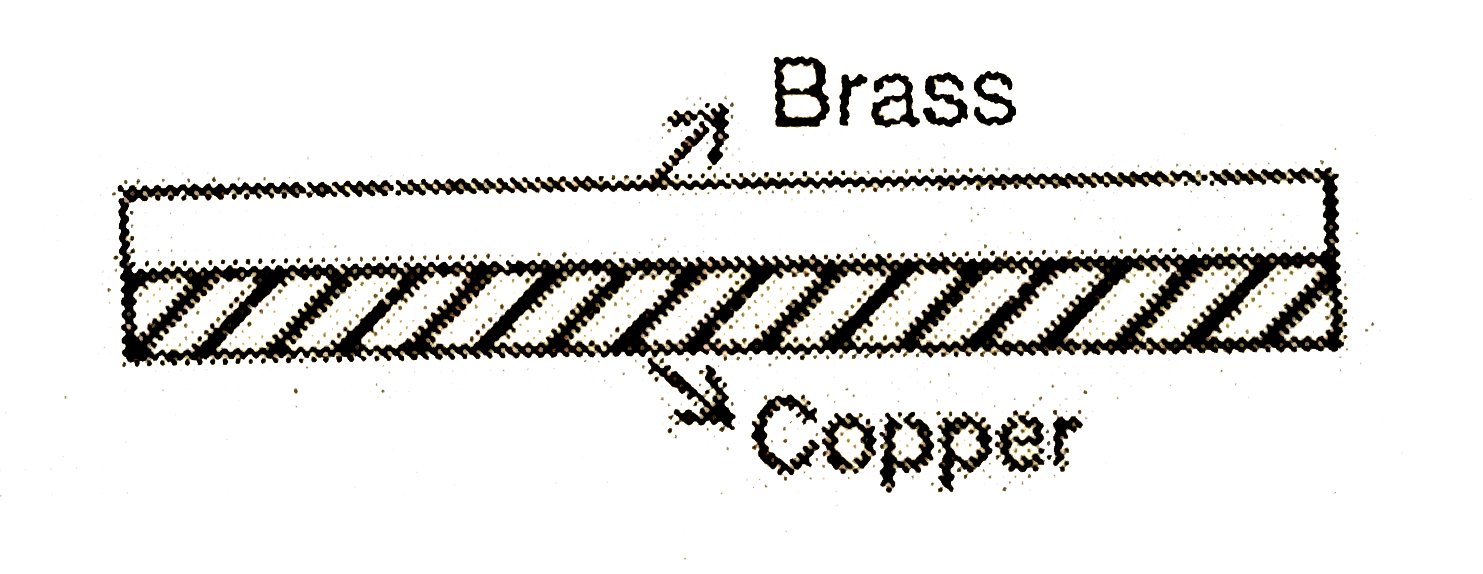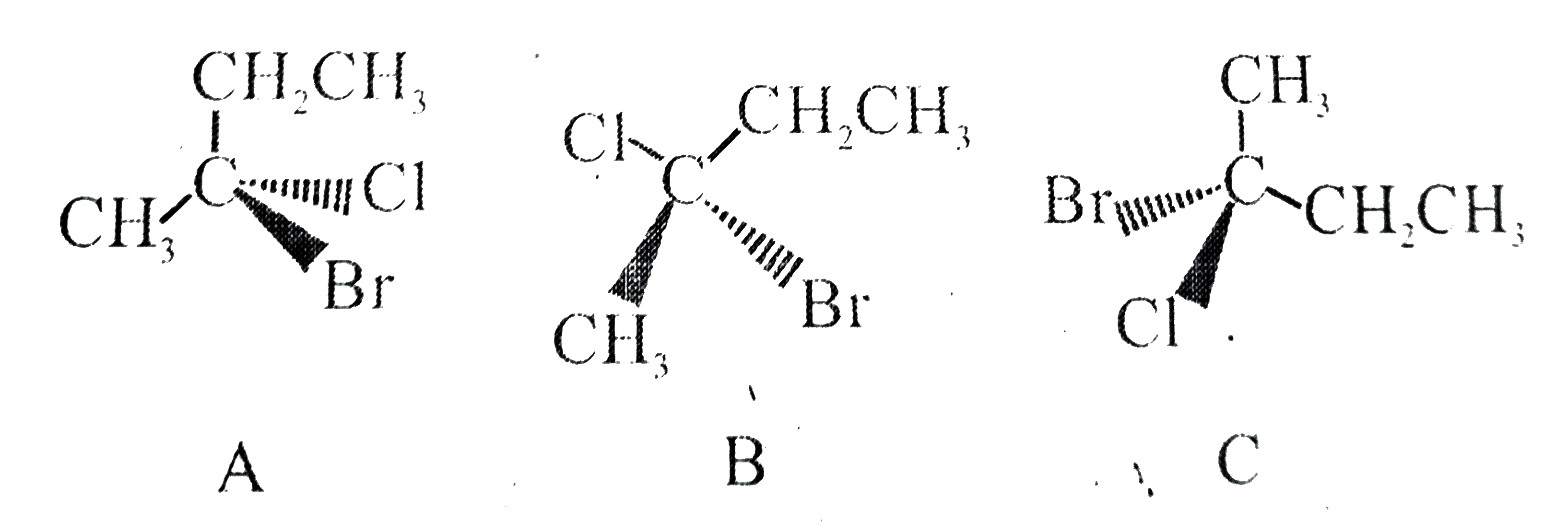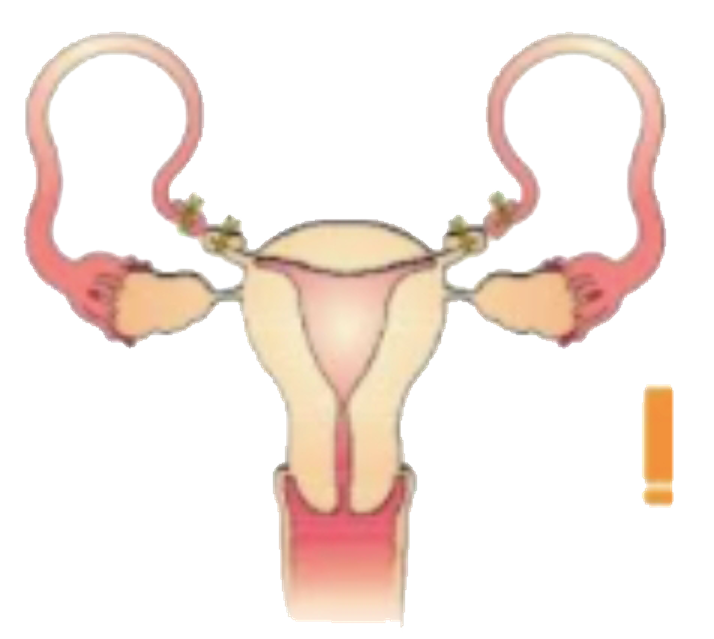A bimetallic strip made up of copper and brass as shown below. Which among the following statements is/true about the bimetallic strip? (Expansion of brass is more than expansion copper?

A
If this bimetallic strip is heated, brass takes outer edge of the bend and copper takes the inner edge of the bend
B
If this bimetallic strip is cooled, brass takes inner edge of the bend and copper takes the outer edge of the bend.
C
Heating and cooling do not affect the bimetallic strip.
D
Both (a) and (b)
Video Solution
Text Solution
The correct Answer is:D
When the given bimetallic strip is heated, due to more expansion of brass than copper brass takes outer edge of the bend and copper takes inner edge. If it is cooled, due to more contraction of brass than copper, copper takes the outer edge of the bend and brass takes the inner edge.
|
Similar Questions
Knowledge Check
A bimetallic strip made up of copper and brass as shown below. Which among the following statements is/true about the bimetallic strip? (Expansion of brass is more than expansion copper?
 AIf this bimetallic strip is heated, brass takes outer edge of the bend and copper takes the inner edge of the bendBIf this bimetallic strip is cooled, brass takes inner edge of the bend and copper takes the outer edge of the bend.CHeating and cooling do not affect the bimetallic strip.DBoth (a) and (b)
AIf this bimetallic strip is heated, brass takes outer edge of the bend and copper takes the inner edge of the bendBIf this bimetallic strip is cooled, brass takes inner edge of the bend and copper takes the outer edge of the bend.CHeating and cooling do not affect the bimetallic strip.DBoth (a) and (b)Which among the following statement is true about Schottky defect ?
AIn the defect cation and anion are lacking in stoichiometric proportion.BFormation of metal alloy is example of this defect.CIn this, regular cation is replaced by different cationDIn this cation or anion moves from regular site to place between lattice site.Which among the following statements about the exons is TRUE?
AThey are stop codons.BThey are start codons.CThey are coding sequences.DThey are intervening sequences.
Which one among the following statements is true about Lord Curzon ?
View SolutionWhich one among the following statements is not true about Bahadur Shah Jafar II?
View SolutionAmong the following statements, which is true about boron compounds ?
View SolutionWhich of the following statements about the expansion of matter is not true?
View SolutionWhich of the following statements is/are wrong, about the more stability of chair form than boat form?
View Solution


